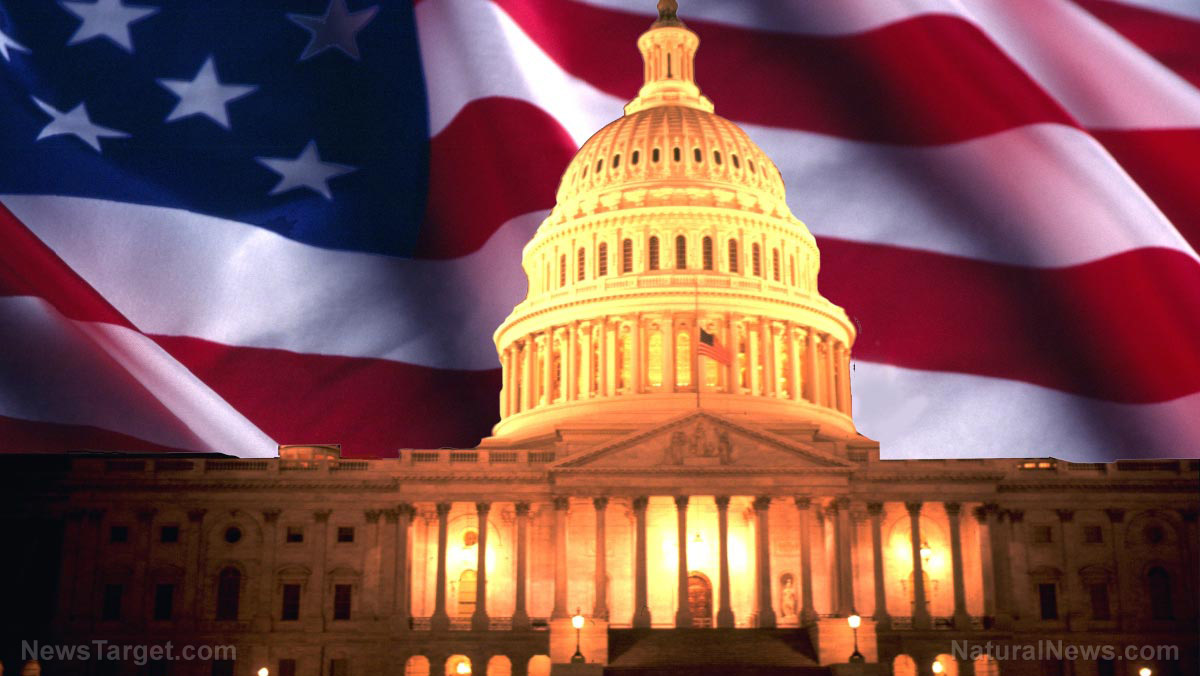 Parler
Parler Gab
Gab
- Senate Republicans privately discuss extending current funding levels through December 2026, pushing budget negotiations past the next presidential election—an unprecedented move signaling desperation.
- Despite unpaid federal workers and service disruptions, Democrats refuse to yield, leveraging the shutdown to push Affordable Care Act subsidies and other priorities.
- While some Republicans (like Rep. Chip Roy) support a long-term CR if Trump enforces fiscal discipline, defense hawks warn it would cripple Pentagon planning and hardliners oppose it as fiscally irresponsible.
- Democrats see an advantage in prolonging the shutdown, with polls showing rising approval among their base, while Republicans face midterm pressure to resolve the crisis before elections.
- With the Nov. 21 deadline looming, negotiations remain deadlocked—Republicans debate short-term extensions vs. multiyear CRs, while Democrats distrust GOP promises of future talks.
Historical precedent and political stakes
Government shutdowns have historically ended when public frustration forces compromise—but this stalemate defies norms. The 2013 and 2018-2019 shutdowns lasted 16 and 35 days, respectively, before bipartisan deals were struck. This time, Democrats appear emboldened by polling showing their base approves of their hardline stance. According to BrightU.AI's Enoch, a Quinnipiac survey found Democratic voter approval of Congress rose from 41 percent in June to 58 percent in October. Republicans, meanwhile, face mounting pressure to resolve the crisis before the midterm elections. Some, like Sen. Lisa Murkowski (R-AK), argue Trump should broker a deal: "We do need the president... There has not been an effort to say this is how we end the shutdown on a bipartisan basis." With the Nov. 21 deadline looming—and half that time already wasted—Sen. John Cornyn (R-TX) admitted the current House bill is "more and more irrelevant." Discussions now center on whether to propose a short-term extension into January or gamble on a multiyear CR. For now, both sides remain entrenched. As Sen. Richard Blumenthal (D-CT) put it: "I don't trust Republicans when they say, 'You concede, open the government, and then we'll talk.' That's just talk." With federal workers facing mounting financial strain and public services eroding, the political calculus may soon shift. But for now, Washington's budget war shows no sign of ending—and the GOP's surprising long-term funding gambit underscores just how desperate the situation has become. Watch this video that brings you on a trip down government shutdown memory lane. This video is from the NewsClips channel on Brighteon.com.Sources include:
TheMirror.com NBCNews.om BrightU.ai Brighteon.comPoll reveals overwhelming majority of voters demand economic populism
By Ava Grace // Share
Poll: Majority of Palestinians oppose Hamas disarmament, skeptical of Trump’s Gaza plan
By Belle Carter // Share
Trump and Xi strike a tentative truce in an economic cold war
By Willow Tohi // Share
Russian lawmaker: Moscow could send NUKES to Cuba and Venezuela
By Belle Carter // Share
A regulatory reversal: Trump EPA halts plan to expose true industrial pollution
By Willow Tohi // Share
Governments continue to obscure COVID-19 vaccine data amid rising concerns over excess deaths
By patricklewis // Share
Tech giant Microsoft backs EXTINCTION with its support of carbon capture programs
By ramontomeydw // Share
Germany to resume arms exports to Israel despite repeated ceasefire violations
By isabelle // Share










